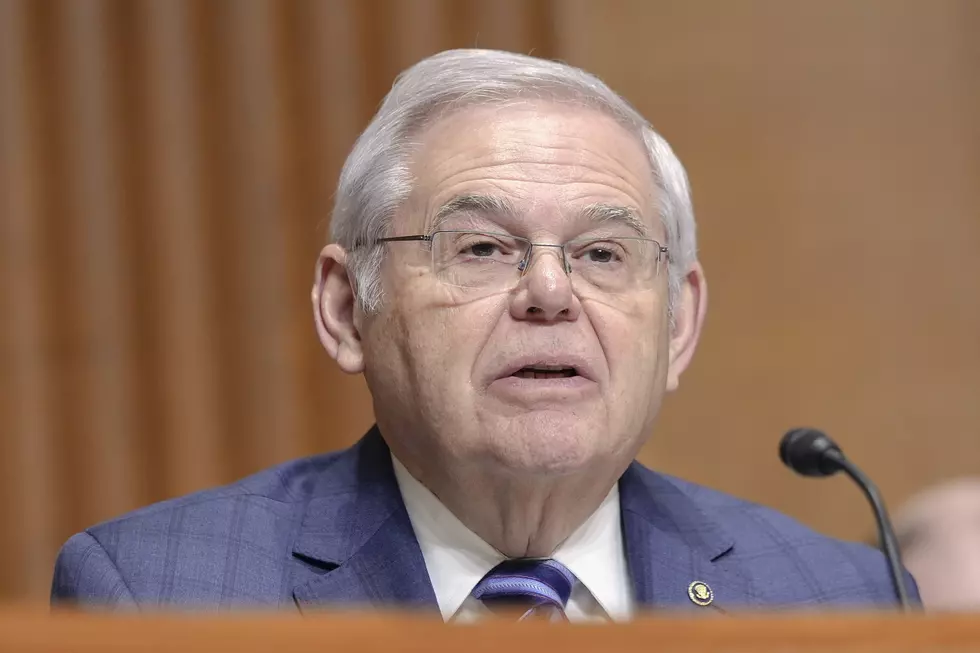
Industry Group Blasts NJ as a Lawsuit-Happy ‘Judicial Hellhole’
On the watch list for a couple years, New Jersey has now landed on a list of judicial hellholes in a new report from the American Tort Reform Foundation.
New Jersey courts rank No. 5 on the report's list of the nation's most unfair in their handling of civil litigation.
"The state's vague and complicated consumer protection laws have set off a feeding frenzy for plaintiffs' lawyers," the report reads, pointing to a "gotcha" statute that has become a popular weapon for lawyers to yield against any merchant.
Consumer Fraud Act lawsuits decided by courts jumped by more than 400 percent in New Jersey from 2000 to 2009, according to a study commissioned by ATRF, whose membership includes hundreds of businesses, corporations and municipalities.
According to Marcus Rayner, president of the New Jersey Civil Justice Institute, "one of the cures" to a spike in litigation is the opportunity to bring a case before an arbitrator, where there's no need for a judge or lawyer.
But the report suggests the state Supreme Court has "declared war" on arbitration as an alternative to lawsuits.
"We're very concerned about that because I think what that leads to is more class-actions where consumers get less and lawyers get more," Rayner told New Jersey 101.5.
The New Jersey State Bar Association did not respond to a request for comment.
"What we see sometimes is a legal system that's out of control, where lawyers make a lot of money, consumers don't get much out of the end result, and then ultimately the prices go up for all of us," Rayner continued.
The report also cites an inordinate amount of out-of-state plaintiffs who bring their cases here, instead of federal court, against the state's pharmaceutical and medical device companies. The report suggests New Jersey's lax standards on expert testimony lead plaintiffs to roll the dice here because "junk science" may have a better shot.
St. Louis ranked as the nation's No. 1 judicial hellhole in the 2016-17 report, followed by the state of California.
More From WPG Talk Radio 95.5 FM










